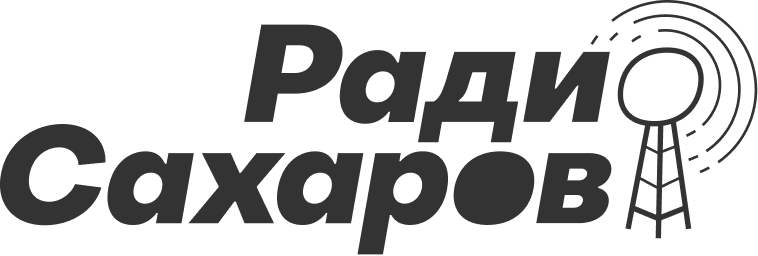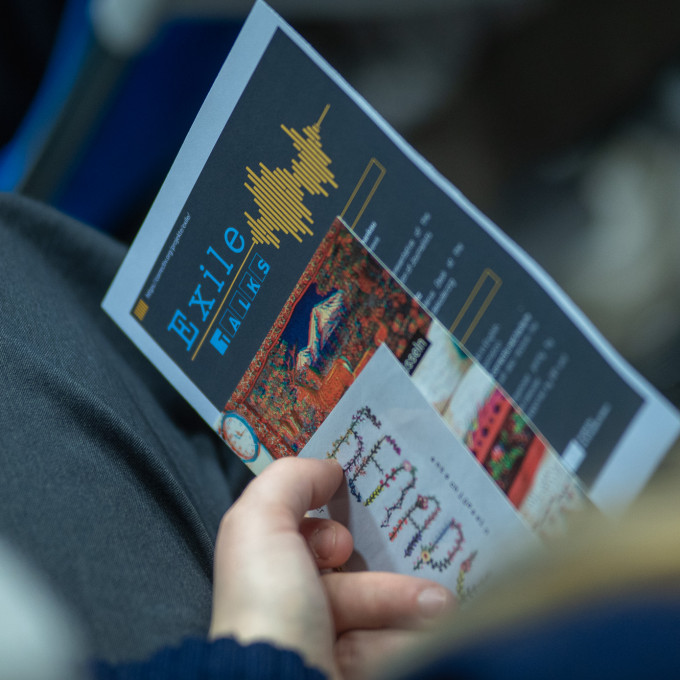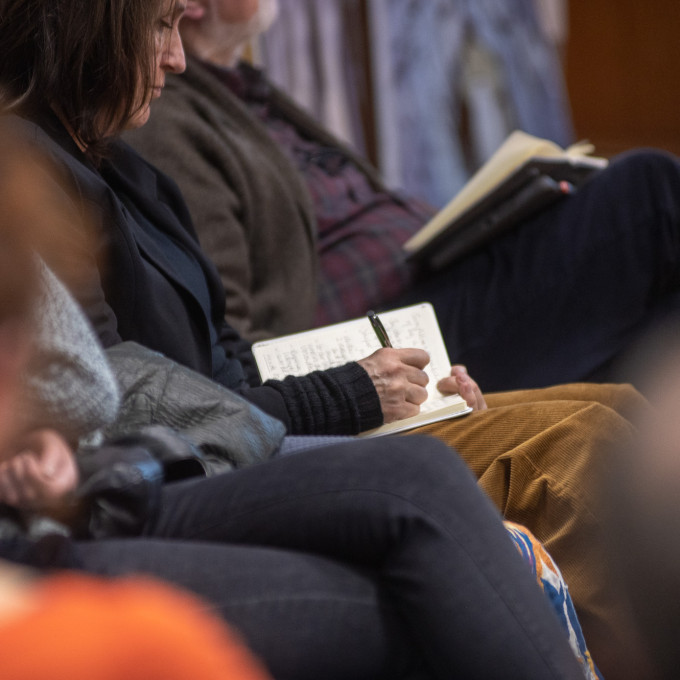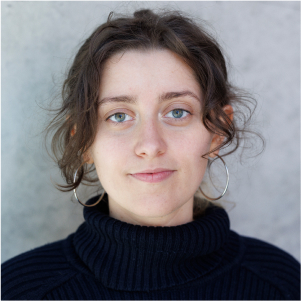Cardboard is a documentary film about protest memory in contemporary Moscow. After the start of the full-scale war, metal memorial plaques commemorating victims of Stalinist repression began disappearing from the facades of residential buildings. In response, a small group of citizens returns these names to the urban space by hanging handmade cardboard plaques in place of the destroyed ones, while also investigating who is systematically erasing the memory of political repression — and why.
Public screening + discussion, with Anne Thomas (International Coordinator at Stolpersteine), Egor Isaev, (Film Director, Curator of the Document Section at Mediazona, PhD Candidate at Ruhr University) and Konstantin Koryagin (Film Editor, curator of syg.ma).
More info & free registration here







